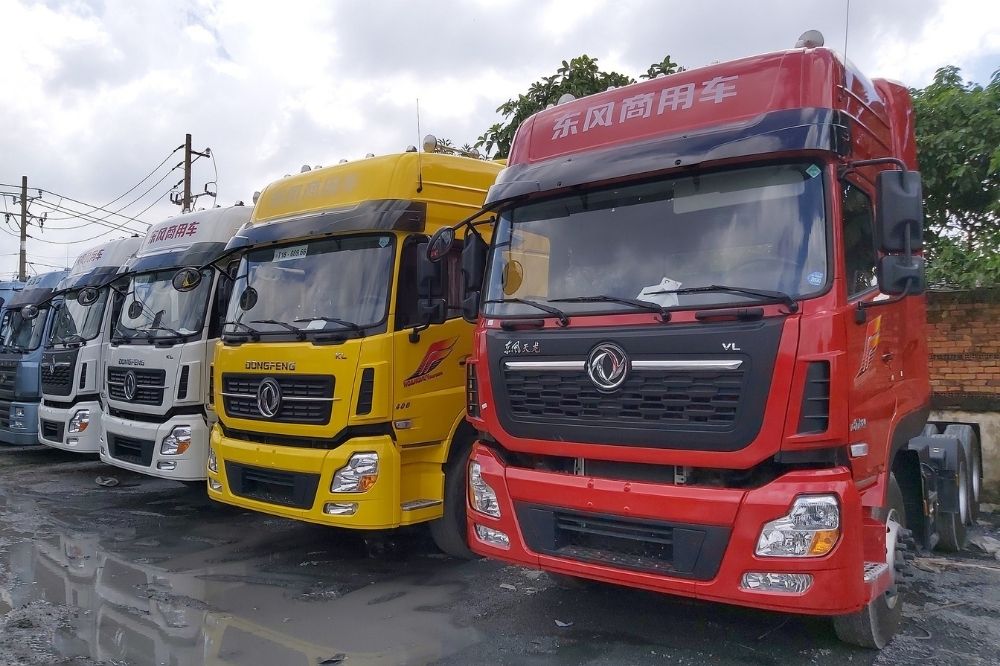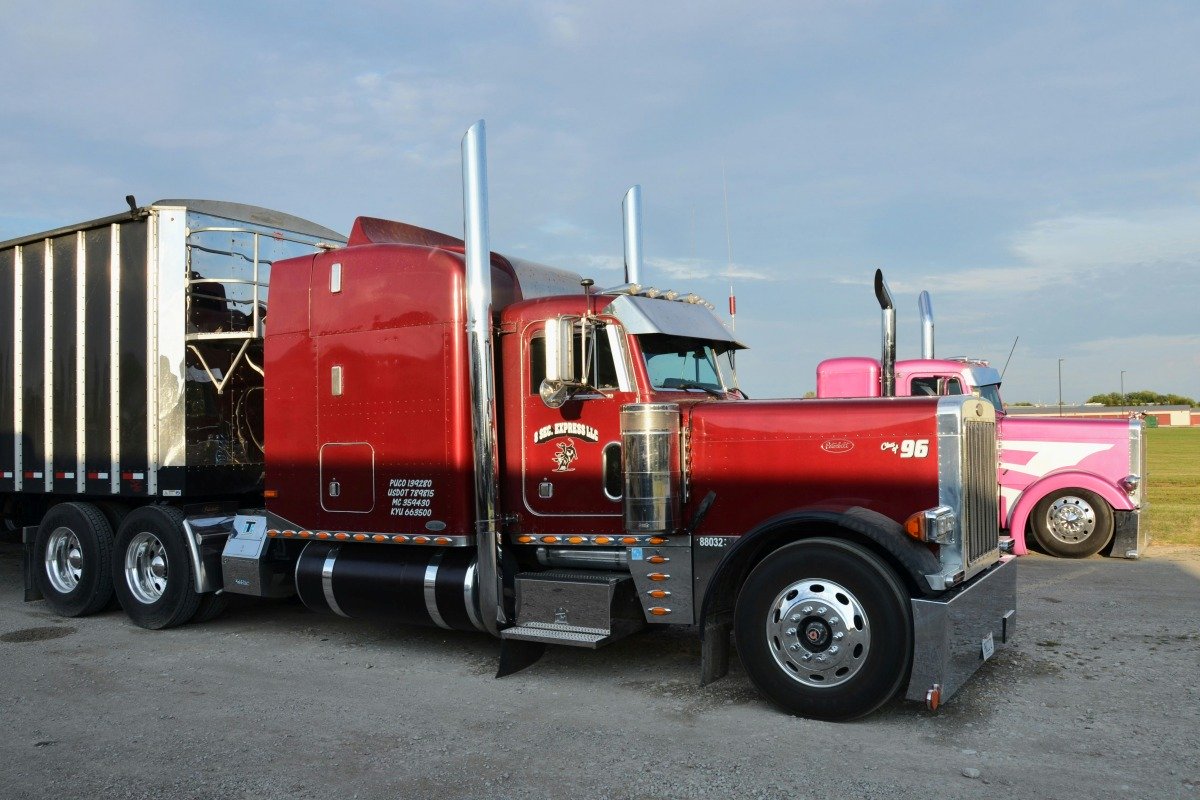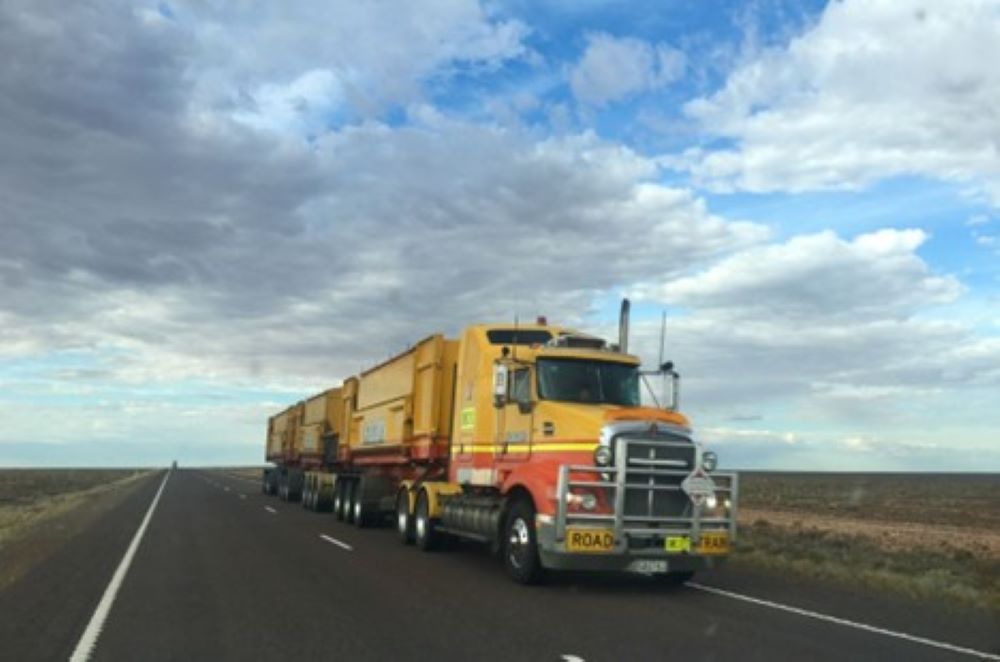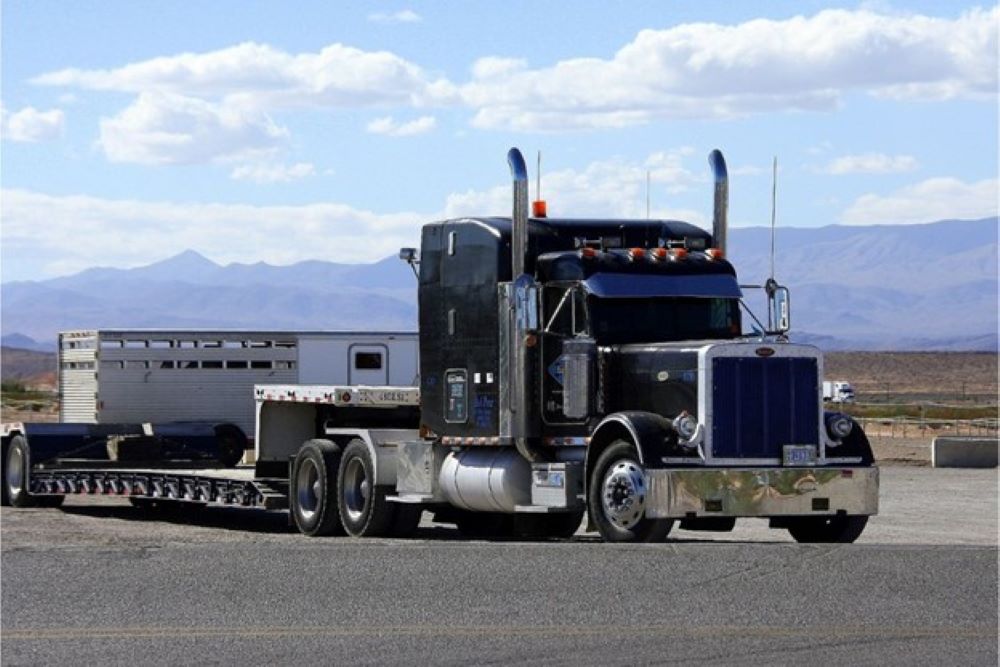Large trucks account for only 5% of the total number of vehicles on the road, yet they cause a significant number of fatal crashes yearly.
Exactly how many semi-truck accidents per year is concerning.
Nearly 388,000 truck accidents happen annually across the U.S., and the aftermath of these truck crashes ranges from various injury levels to death.
Commercial truck accident statistics from the National Safety Council (NSC) reveal that in 2021, almost six thousand people lost their lives in crashes involving large trucks. A further 155,000 were injured.
This article explores essential commercial truck accident statistics you should know. We discuss how, as a trucker, you can prevent big truck crashes and keep our roads safe.
Important Semi-Truck Accidents Statistics To Know
When a truck crashes, the occupants of other vehicles are the ones who suffer life-changing injuries or lose their lives.
According to a publication by the US Department of Transportation summarizing truck accident statistics, there was a 17% increase in fatalities from trucking accidents in 2021, with 72% of the deaths being passenger vehicle occupants, 17% being large truck occupants, and 11% being non-occupants.
The number of people injured in large truck accidents also increased by 9% between 2020 and 2021 with 71% being passenger vehicle occupants, 27% being large truck occupants, and 2% being non-occupants.
Occupants of passenger cars are more vulnerable to truck crashes. As a trucker, you are responsible for your safety and the safety of other vehicle occupants and road users.
Drivers of tractor-trailers, in particular, need to be more careful than other large truck drivers as 74% of the deaths from truck-related crashes in 2021 were due to fatal accidents involving tractor-trailers.
The remaining truck fatalities resulted from severe accidents involving single-unit trucks. This shows that tractor-trailers are the most dangerous commercial vehicles on our roads.
When and Where Do Most Large Truck Accidents Happen?
Further interesting truck accident statistics from the National Safety Council report indicate when and where most truck-involved accidents happen. Understanding this is crucial so you know when to be extra cautious when driving.
Most truck accidents (73.99%) happen on non-interstate roads. This means interstate highways are the safest for large truck drivers, although some truck accidents (26.01%) still occur on these roads.
The summary of semi-truck accident statistics also shows most fatal accidents occur during the day (63.54%) compared to nighttime (36.46%). Fatal accidents where most car occupants died in 2021 also happened during weekdays – between 6 am and 6 pm.
To reduce the number of motor vehicle crash deaths involving large trucks; truck drivers need to pay extra attention when driving on non-interstate roads during the day, especially between 6 am and 3 pm.
What Causes Semi-Truck Accidents?
Semi-truck accidents can result from a variety of factors, often involving a combination of human errors, mechanical issues, environmental conditions, and other contributing factors. Some common causes of semi-truck accidents include:
Truck Driver Error
Large truck drivers have very little room for errors compared to passenger vehicle drivers. There’s also little leeway to correct mistakes once made, leading to fatal accidents.
For instance, a fully loaded tractor-trailer requires about 40% more space to stop than other passenger vehicles. So, avoiding an accident becomes almost impossible if a semi-truck driver fails to accurately calculate the distance needed to stop. Passenger vehicle drivers, on the other hand, don’t face similar issues.
Driver Fatigue
Despite strict hours-of-service regulations from the Federal Motor Carrier Safety Administration (FMCSA), many large truck drivers work long hours. They experience fatigue, are more likely to sleep behind the wheel, and cause fatal crashes.
Driving Under Influence
Alcohol and other street drugs impair truck drivers’ ability to drive safely. Often, truck drivers become drowsy or slow to react to various road conditions. The chances of drivers causing truck collisions or multiple-vehicle crashes when under the influence are high.
Distracted Driving
Distracted driving occurs when a tractor-trailer driver or drivers of other passenger vehicles use their phones or other hand-held devices while driving. Existing laws in most states prohibit car drivers from doing this. However, some truck drivers still take their eyes off the road to use their phones, and cause fatal accidents.
Vehicle Issues
Several vehicle issues, like tire defects and brake problems, can lead to fatal truck accidents. Fatal crash data from a truck causation study conducted by FMCSA lists brake issues as a top cause of fatal accidents.
Roadway Issues
Sometimes, big rig accidents link back to road conditions. Poor or unmaintained roads with large potholes, missing signage, or faint roadway markings put truckers and other passenger car drivers at risk.
For example, a truck driver may fail to see critical signage on an unfamiliar road leading to driver error which can cause a crash with several passenger vehicles.
Tips For Minimizing Truck Accidents
Although car accident statistics from the National Highway Traffic Safety show an increase in fatalities from motor vehicle crashes, there’s hope that things will change. The Department Of Transportation created a detailed national roadway safety strategy to ensure this happens.
As a truck driver, you can also play your part in minimizing vehicle crashes and truck fatalities by:
- Maintaining your truck regularly to identify and deal with any issues early
- Being keen on the road to avoid grave errors that may lead to truck fatalities
- Avoiding using your phone while driving
- Resting. Follow the hours-of-service recommendations by FMCSA.
- Don’t drink and drive.
Conclusion
Most large trucks are heavy, with a gross vehicle weight rating of over 26,000 pounds. So motor vehicle accidents involving large trucks are often more fatal than those involving other commercial vehicles. This is why truckers have to be more vigilant on the road.
If you get involved in a truck accident, remember you can get compensated for any injuries sustained. Our guide on what to do after a semi-truck accident explains all the steps you should take to get compensation.
We’ve also put together helpful information to help you find the right semi-truck accident lawyer if you ever need one. Please read our blog to learn more and to stay updated with the latest news in the trucking industry.






























